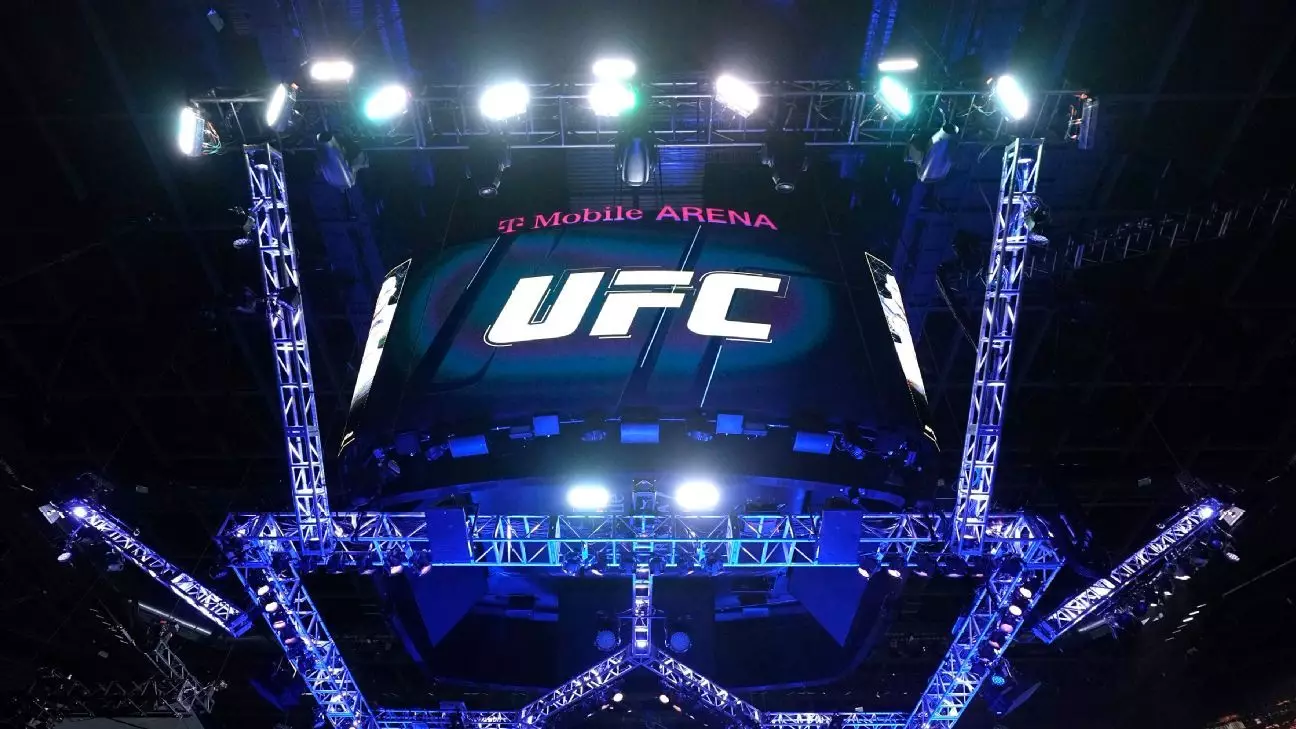The upcoming class-action antitrust case against the UFC has garnered attention for the expected witnesses who will testify on behalf of the organization. Among the notable figures are both current and former fighters, including UFC Hall of Famer Michael Bisping, as well as popular fighters like Michael Chandler, Chael Sonnen, Miesha Tate, and Donald “Cowboy” Cerrone. In addition to fighters, several well-known managers of MMA fighters are also listed as expected witnesses, adding to the anticipation surrounding the trial.
The trial brief filed by the UFC lists a diverse group of witnesses who will be called to testify. These witnesses include top fighters like Michael Chandler, Michael Bisping, and Chael Sonnen, each bringing their own perspective and experiences to the case. Additionally, women’s star Miesha Tate and fan favorite Donald “Cowboy” Cerrone are expected to provide insight into the UFC’s practices. The inclusion of these fighters and managers adds depth to the case and showcases the range of individuals involved in professional MMA.
The plaintiffs in the antitrust case have alleged that the UFC engaged in a scheme to acquire and maintain monopsony power in the market for elite professional MMA fighter services. The accusation includes claims of eliminating competition and suppressing wages, leading to the seeking of damages between $894 million and $1.6 billion. Former UFC fighters are among the listed plaintiffs, with the class action extending to any fighter who competed in the UFC during a specific period.
One of the key points of contention in the case is the financial aspect of fighter compensation. Discovery revealed that the UFC pays a significantly lower percentage of its revenue to fighters compared to other major team sports. This discrepancy has raised questions about the bargaining power of UFC fighters and the classification of fighters as independent contractors rather than employees. The lack of collective bargaining power and union representation has implications for how fighters are compensated within the organization.
In response to the antitrust claims, attorneys for Zuffa have emphasized the importance of upholding competition laws and have refuted the allegations of anticompetitive behavior. The defense argues that the case is an attack on the success of the UFC and emphasizes that antitrust laws are designed to protect competition rather than individual grievances. The denial of monopsony power and anticompetitive conduct sets the stage for a legal battle that will likely delve into complex legal and financial considerations.
As the UFC prepares to defend itself against the antitrust allegations, the lineup of expected witnesses offers a glimpse into the diverse perspectives that will be presented during the trial. From current fighters to UFC Hall of Famers and top managers, each witness brings a unique viewpoint to the case. The financial discrepancies and legal arguments surrounding the case underscore the complexity of the issues at hand. Ultimately, the outcome of the trial will have far-reaching implications for the future of fighter compensation and competition within the realm of professional MMA.

